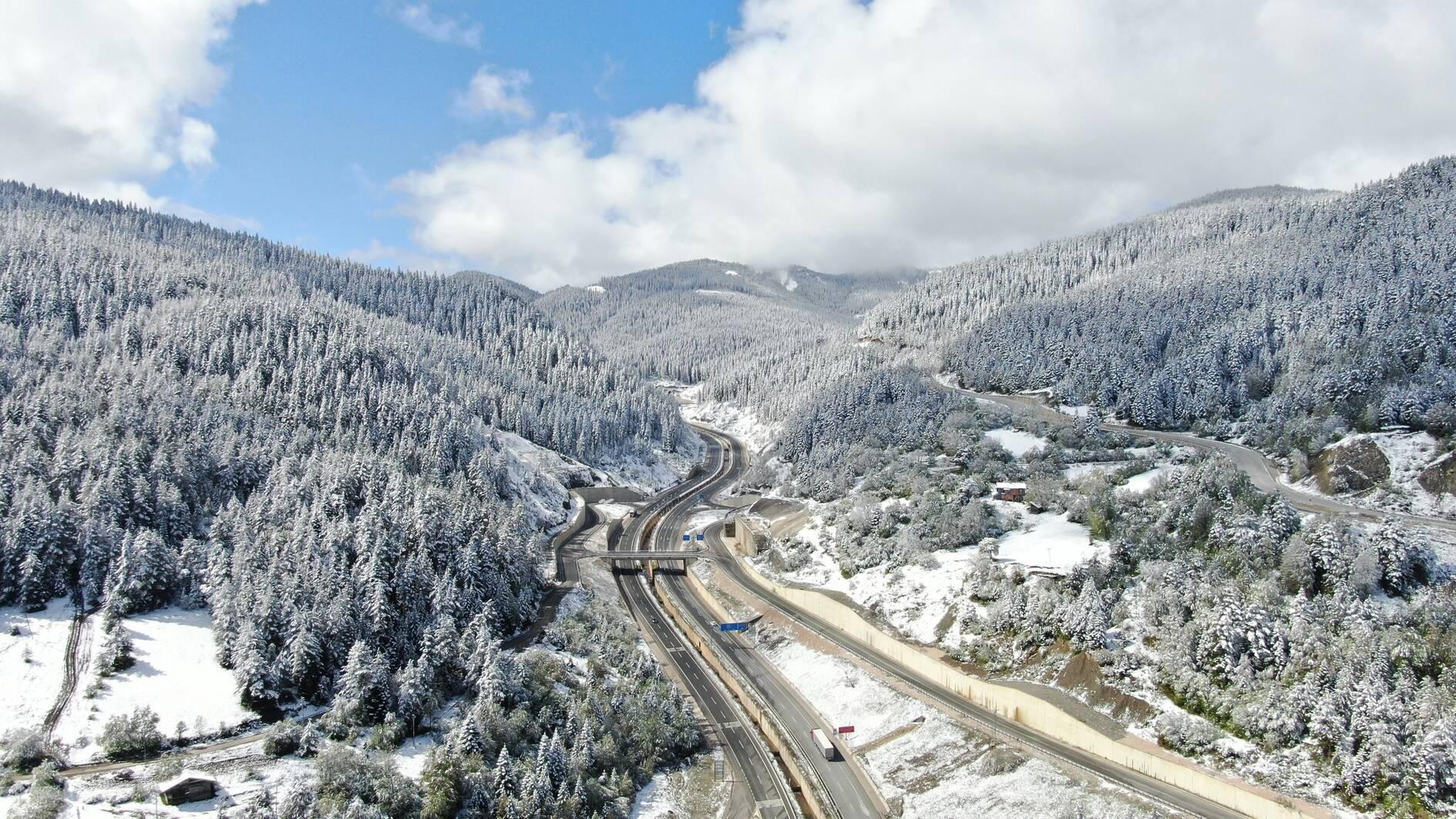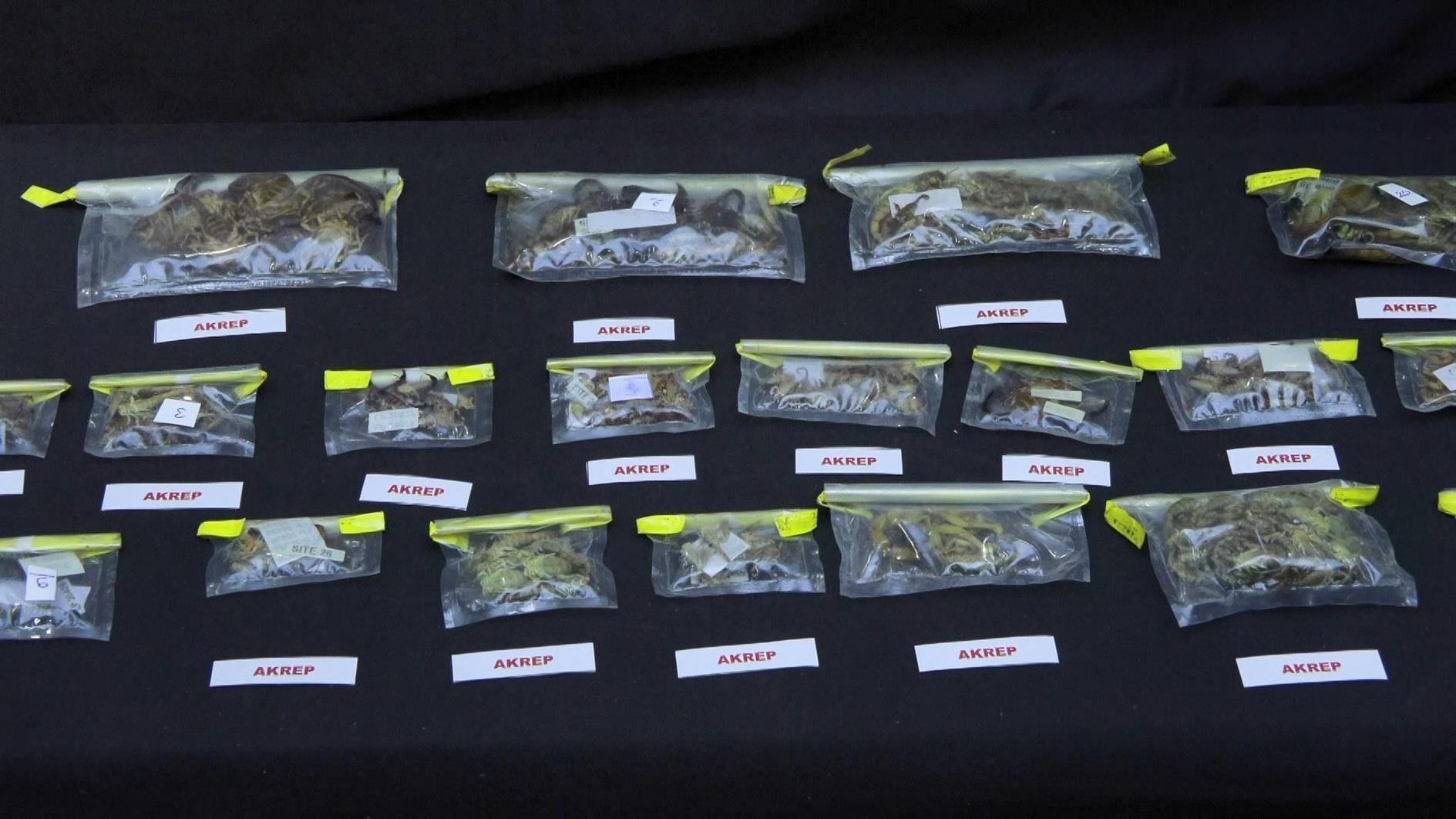Search for justice
Once upon a time there was a philosopher, a master of satire, born in the Black Sea town of Sinop. He was Diogenes. He walked in daylight with a lantern in search of an honest or credible man.
Not that there were no honest or credible man around, but of course his action was aimed at criticizing decaying morality in his society. What would he do had he lived now? I bet he would still carry the same lantern but this time would say he was in search of a glimpse of justice in Turkey.
Justice in the classical sense is a concept of moral and legal rightness, along with the punishment of the breach of laws, norms and ethics that divides right and wrong in a society. That is, justice may vary from time to time and from society to society as what might appear ethically, morally, culturally or religiously perfectly right for one society and a certain period of time may differ at another society and time. Still, as is symbolized with the blindfolded Lady Justice, impartiality, thus independence from political authority, of the modern justice system is a universal rule transcending all time limitations. Otherwise it is not possible to talk of justice of any sort in that country.
It has become a very difficult job to find anyone who might say s/he has confidence in the Turkish judicial system. Is it possible to reconcile with the notion of justice policemen “incidentally” adding “criminal evidence” to files of some suspects, or prosecutors demanding up to 25 years in prison against students who demanded free education, or an upper court decision approving a lower court verdict acquitting criminals who raped a 13-year-old girl on the absurd belief “she consented”? Worse, if in the same country policemen torturing people in front of cameras or while under detention are not being prosecuted, how can anyone have confidence in justice?
The former State Security Court (DGM) system was incredibly torturous. Under European duress this country abrogated those courts, or that was what most of us and Europeans assumed. In reality those courts were just renamed and became Courts with Special Authority. Under those courts prosecutors ordained with “special authority” became the new disguised DGM prosecutors of the 1980s and 1990s.
Even if we may turn a blind eye to the Silivri concentration camp tragedy created by these monsignors, the latest Hopa tragedy reveals a glimpse of the immense judicial tragedy this country has been suffering under the “understanding” that successfully converted Justice Ministry into an Injustice Ministry.
In May, protesting the killing by police of Metin Lokumcu, a demonstrating retired teacher in Hopa, 28 young people were arrested and placed behind bars in Ankara on grounds of “organized gang activity.” Where was the gang? How were they organized? No one asked those questions. Those 28 young people, who were just reading books and yelling at the police’s killing of teacher Lokumcu, were harassed and tortured under the six-month-long detention. And last week, while Parliament was busy decreasing penalties of match fixers, those 28 young people under detention for the past six months were released by the court at the first hearing.
Thank God, there are not many, but there are still some judges who have not entered into the allegiance network.











